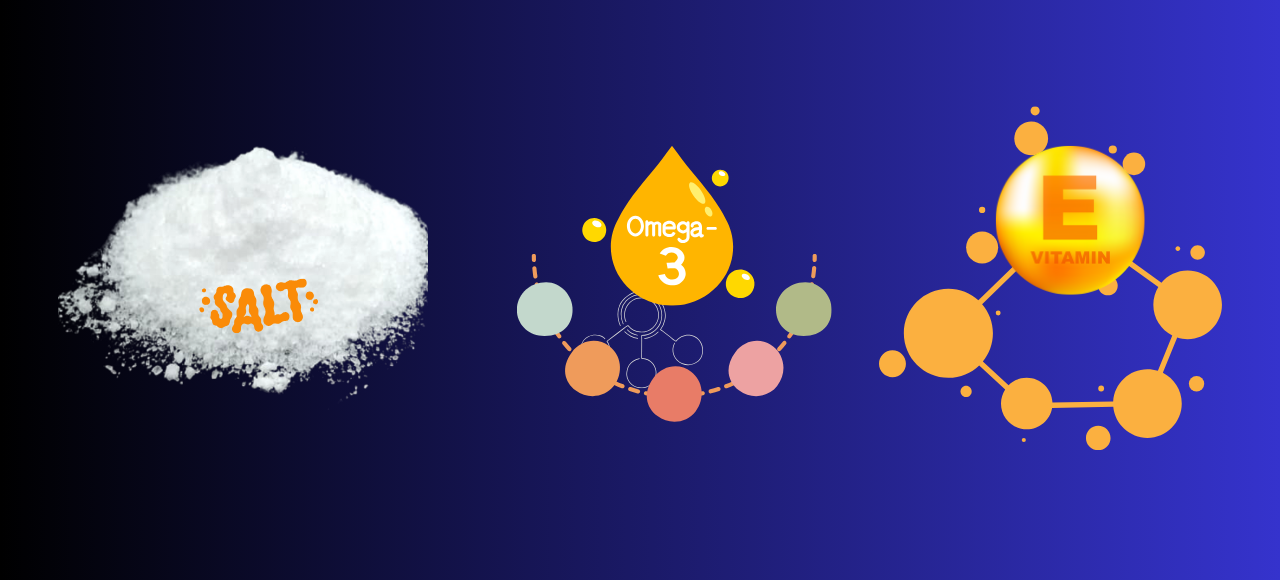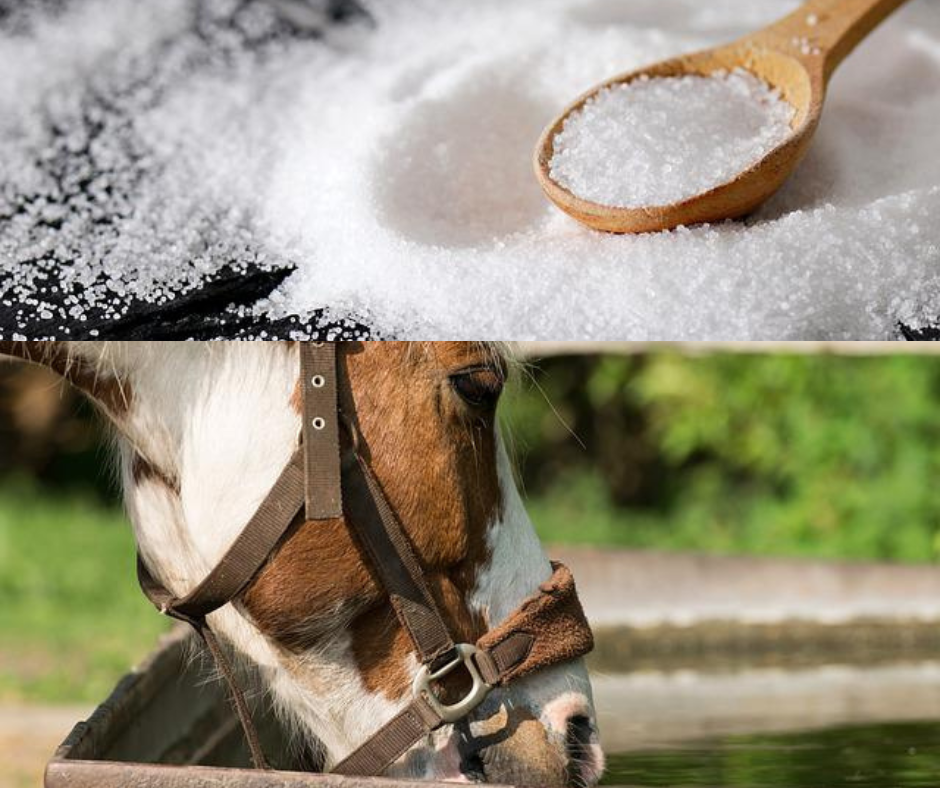
Are you looking to enhance the wellness of your equine companion? In this article, we will unveil three hidden gems that are essential for the health and happiness of your horse. These supplements may not be commonly known, but they have a significant impact on your horse’s wellbeing.
-
SALT
Salt is often underestimated, but horses actually need a significant amount of it in their diet. In fact, according to Dr. Kellon, it is a universal requirement for horses around the world.
A lack of salt can lead to dehydration and electrolyte imbalances. Whereas, supplementing salt ensures optimal hydration. It also enhances digestion and mineral absorption and maintains normal nervous and muscular function.
So, it is important for horse owners to provide a consistent source of salt in their daily diet. For those worried about overconsumption, studies show that horses have an innate ability to self-regulate their intake based on their body’s needs.
-
OMEGA-3 FATTY ACIDS
Omega-3 deficiency occurs when not in a fresh grass diet. Fatty acids do not survive long in cut and baled hay. Grains, bran, etc. are also low in omega-3s.
Omega-3 fatty acids are typically thought of as important to anti-inflammatory balance. However, two studies have also demonstrated that taking supplements generally improves immune system responses. Additionally, they play a crucial role in the growth and wellbeing of the brain and eyes, and might affect how young horses behave.
-
VITAMIN E
Like omega-3 fatty acids, vitamin E deficiency also occurs when not in a fresh grass diet.
This essential nutrient is crucial for muscle function and repair. Thus, it is especially important for active horses or those recovering from injuries. But if they don’t get enough vitamin E, it can have a serious impact on their immunity, nerves, and muscle function.
Ensuring your horse receives an adequate amount of vitamin E through their diet or supplementation is essential for their overall well-being.
CONCLUSION
In conclusion, providing horses with the right supplements is crucial for their overall health and well-being. Salt, omega 3, and vitamin E are three essential supplements that can greatly benefit horses. By incorporating these supplements into your horse’s diet, you can help them thrive and enjoy a happy, healthy life.
Reference:
